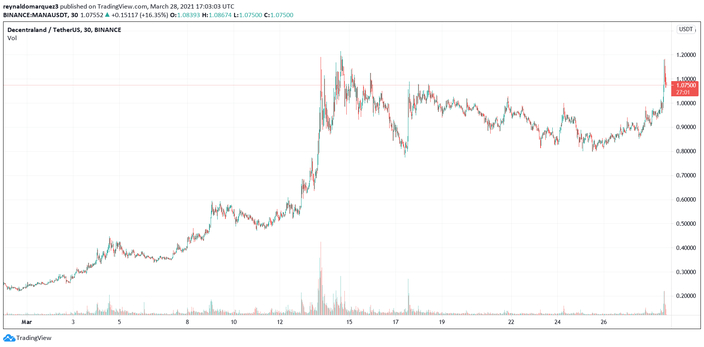2018-9-24 17:45 |
BlockEstate, the recently established US-backed tokenized real estate fund, has partners with CoinList’s ComplyAPI and Polymath to raise $50 million from accredited investors and launch a real estate token.
The real estate company believes that they have a competitive advantage when it comes to the real estate fund market, which comes from combining the power of blockchain technology, security and liquidity with an aggressive real estate portfolio. The company says that:
“will use predictive analytics to manage and invest that capital in a carefully selected portfolio of market sectors with the goal of maximizing returns.”
Traditionally, high amounts of capital were needed to invest in real estate. Tokenizing the industry comes with many benefits compared to the traditional model as many investors can easily participate with limited amount of capital and have an option to exit/enter any time they deem fit. BlockEstate plans to introduce such model, selling security tokens that represent fractional ownership of their future portfolio fund.
How Investors Stand To Gain From BlockEstateAfter a successful security token offering (ICO for security tokens), BlockEstate’s team will proceed to build a real estate portfolio and use “on average, 50–100% of quarterly net profits” to buy the tokens back and burn them.
In simple words, the company will repurchase tokens and permanently remove them from market’s circulation. Theoretically, this helps increase the value of the tokens remaining in the hands of investors.
Benefits Of BlockEstate Security TokensPut simply, security tokens represent ownership of some sort, whether it’s real estate, debt, bond, stock etc. According to the Official Guide to Tokenized Securities drafted by Anthony Pompliano, founder and partner at Morgan Creek Digital assets:
“Security Tokens are digital assets subject to federal security regulations. In layman terms, they are the intersection of digital assets (tokens) with traditional financial products — a new technology improving old things.”
The potential benefits of security tokens (tokenizing traditional assets) are quite many. These include:
Expanding the design space for security contracts 24/7 markets Asset interoperability Fractional ownership Automated compliance Rapid settlement Increased market depth and liquidity Reduction in direct costs Disadvantages Of Security TokensWhereas security tokens offer great advantages over traditional securities, it’s a fact that they also have some downsides. Firstly, representing ownership of real-world asset like real estate through security tokens will require trusting a third party, which isn’t the case with other digital tokens like Bitcoin.
For instance, if a person purchases “ownership” of a car in for of a security token, and then the vehicle is stolen, they no longer have possession of that particular thing, in practical terms. This means that you will have to trust that the judiciary system and the police will bring your car back undamaged.
However, even though trust is an important thing with asset-backed tokens/security tokens, the benefits such as accessibility, transparency, and increased liquidity, are still a great improvement over the status quo.
BlockEstate Partnership With PolymathBlockEstate has partnered with Polymath, choosing to use the company’s Security Token Standard Protocol (ST-20), making the launch of their security token easy.
Polymath is one of the leading platforms of “security token revolution”, and have impressive track record since the company was founded. It basically embeds all the regulatory and legal compliance into the protocol, allowing for a streamlined token sale.
According to Trevor Koverko, the CEO of Polymath:
“There will be more than $1 trillion of security tokens within the next five years, driven primarily by a massive influx of institutional capital.”
The First Of-Its-Kind In The MarketIf the BlockEstate token succeeds to completion, it will be one-of-its-kind in the real estate market. The company plans to list BEAT, a trading platform focused on tokenized securities, one the OpenFinance Network (OFN). The network works with both retail and institutional investors globally, deploying blockchain technology in order to facilitate more efficient securities trading.
origin »Bitcoin price in Telegram @btc_price_every_hour
REAL (REAL) на Currencies.ru
|
|


















